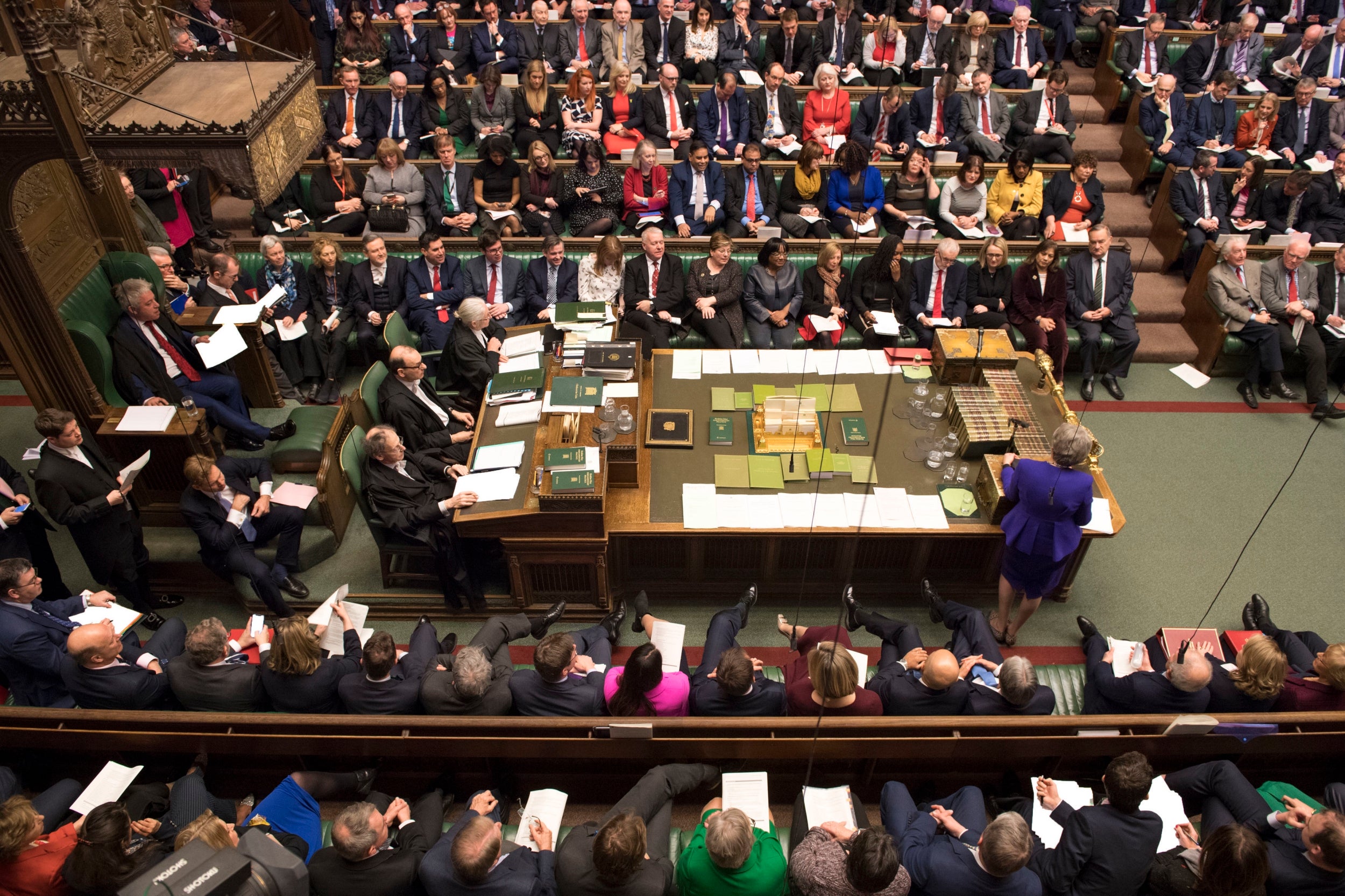Brexit day: Have we left it too late to leave the EU on 29 March – even with a deal?
Analysis: There are still plenty of laws needed to complete the UK’s departure from the European Union but, says John Rentoul, it might be possible to rush them through, given the flexibility of parliament’s rules


Theresa May has cancelled the half-term break for MPs, and Jeremy Hunt, the foreign secretary, has said our departure from the EU might have to be postponed if the deal is approved “in the days before” 29 March.
Does this mean that the government has left it too late to take the UK out of the EU by the target date, even if the House of Commons approves a Brexit deal on 13 February?
The short answer is no. There would still be time to complete the legislation needed before exit day.
The bare minimum that needs to be done after parliament approves a deal and before the UK ceases to be an EU member is:
- An EU Withdrawal Agreement Implementation Bill has to be passed;
- About 250 statutory instruments have to be approved;
- The European parliament has to approve the deal, followed by formal sign-off by EU leaders at the EU Council.
The bill – the prime minister calls it the “Wab” – is a big, complex piece of legislation. It turns the withdrawal agreement into UK law. It would normally take several weeks to pass a bill of this kind. But the Commons could dispose of it in four or five days during the week beginning 18 February (the week that would have been the recess). It would then go to the House of Lords, which tends to take its time – with its more dignified and open-ended procedures – for two or three weeks.
So the “Wab” could receive the royal assent and become an act by the middle of March. And if parliament doesn’t approve a deal until some point after 13 February, it can still be done. One of the virtues of an uncodified constitution is that it’s flexible, so the Commons could rush the bill through in a few days and the Lords could do the same if it wanted. It is hard to pin down parliamentary officials on an absolute last date by which work could start on the bill and still get it done by 29 March, but it could be surprisingly late.
Meanwhile, parliament is slogging through minor legislation known as statutory instruments (SIs). About 350 SIs related to EU withdrawal have been approved already, with about 250 to go – you can follow their progress on this Hansard Society website.
More than half of these have been approved using the negative procedure, by which the SI has to be listed on the parliamentary order paper for a number of sitting days. The rest need an affirmative procedure, and have to be read out. Both kinds then become law unless an objection is raised.
Cancelling the February recess will help get SIs through: the conveyor belt is accelerating, and government departments are just about on target to get them all done in time.
Finally, there is the European parliament. It was supposed to begin its scrutiny of the withdrawal agreement today, but now that the UK parliament has rejected the agreement and Theresa May is trying to change it, that has been delayed, with a certain amount of eye-rolling. I am told that, as long as the EU Council and commission have agreed any revised deal, the European parliament will speed up its timetable and vote for it too.
So we have not hit a hard deadline yet. The cancellation of the February recess may have been mainly for presentational purposes – it would have looked bad if MPs went on holiday (by which I mean worked hard in their constituencies) in the middle of a national crisis – but it will help clear the SIs backlog.
The government has already ditched the idea of passing all the rest of the withdrawal-related legislation, on immigration, customs, trade, agriculture and fish, before exit day. This can all be sorted out during the transition period afterwards.
But if Theresa May does not have a revised deal ready to put to a vote on 13 February, or if the Commons rejects it, then the timetable starts to become compressed. If a deal is finally approved after the start of March, then the government may have to ask the EU for a short extension of the Article 50 deadline, of perhaps two or three weeks, simply to complete the legislation.
This is something the EU27 have already said they would be willing to do.
Got an unanswered question about Brexit? Send it to editor@independent.co.uk and we’ll do our best to supply an answer in our Brexit Explained series
Join our commenting forum
Join thought-provoking conversations, follow other Independent readers and see their replies
Comments